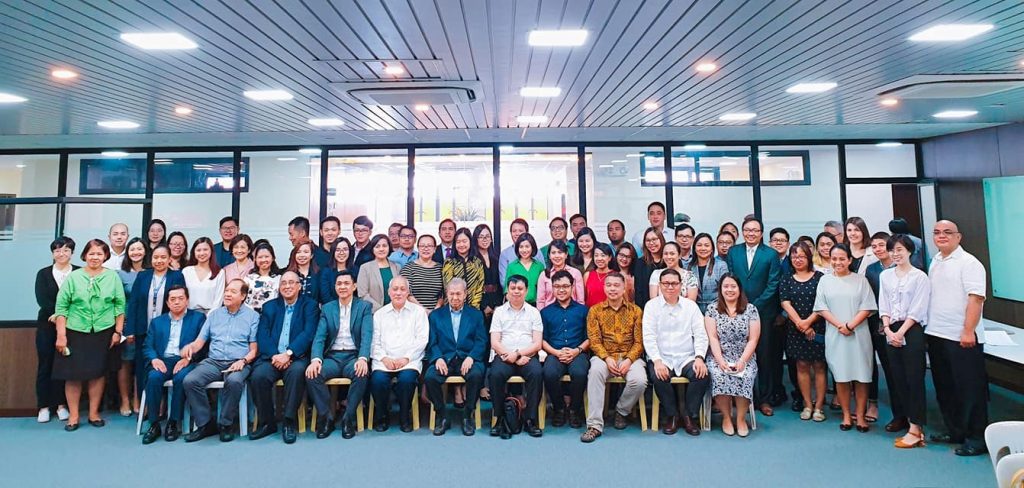On May 28, 2019, the UP Law Center, through its Institute for Maritime Affairs and Law of the Sea (IMLOS) and Institute for International Legal Studies (IILS), hosted a public discussion on “China’s Growing Role in the Philippine Economy”. The symposium explored, in particular, issues relating to the Philippines and China’s recent cooperation agreements signed on the occasion of Chinese President Xi Jinping’s state visit to Manila in November 2019, and President Rodrigo Duterte’s visit to Beijing in April 2019.

Prof. Merlin Magallona, Former Dean of the UP College of Law, discussed the constitutional implications of the Memorandum of Agreement on Oil and Gas Cooperation. Information and Communications Technology Law experts Prof. Rogelio Quevedo and Prof. Emerson Bañez, each discussed aspects of commuications infrastructure cooperation with China. Former Public-Private Partnership Center head Prof. Andre Palacios discussed the thrust of the ongoing Build, Build, Build Program vis-a-vis proposed infrastructure projects under the agreements. Finally, UP School of Economics Teaching Fellow JC Punongbayan walked attendees through the financial and economic aspects of China’s agreements under the Belt and Road Initiative.
The Symposium concluded with several points for future consideration as the two countries move forward with their respective commitments. First, there must be a careful assessment of how these agreements are treated in relation to the Constitution. Definitions of particularly contentious terms such as “patrimonial assets” must also be analyzed. Second, agreements about information and communications technology must be reviewed as against the existing tech infrastructure in the country, the technical and financial capacity of existing players, and future demand of consumers. Third, public infrastructure agreements must be assessed in terms of what kind of financing is most advantageous and feasible, the source of such financing, and terms and conditions that may severely put the Philippines at a disadvantage. Panelists and participants also noted the importance of looking out for various risks which, while not contained in stipulations under the agreements, may nevertheless arise in the implementation stages.
With a number of such agreements providing for deadlines to further agree on the terms of implementation thereof, and the forthcoming assumption into office of new members of Congress, public discussion on the same remains timely as ever.
